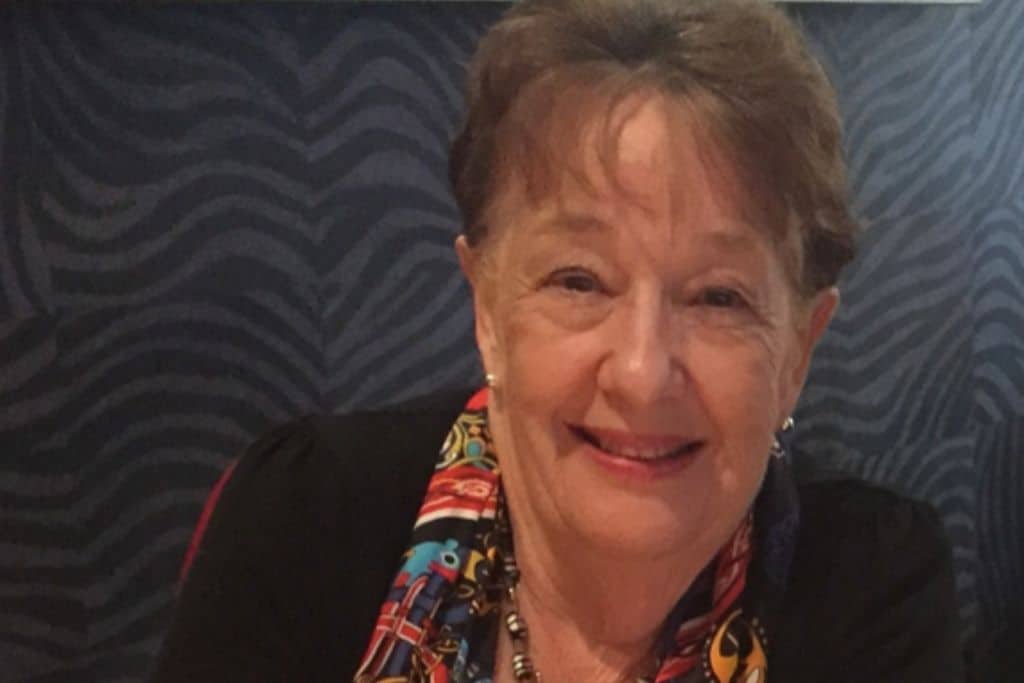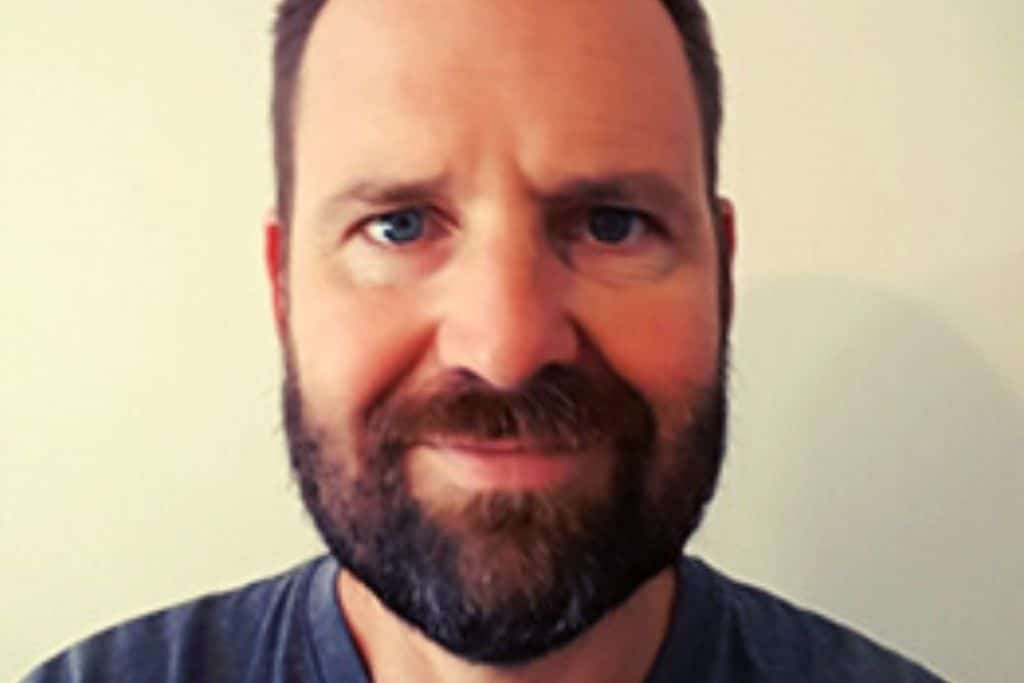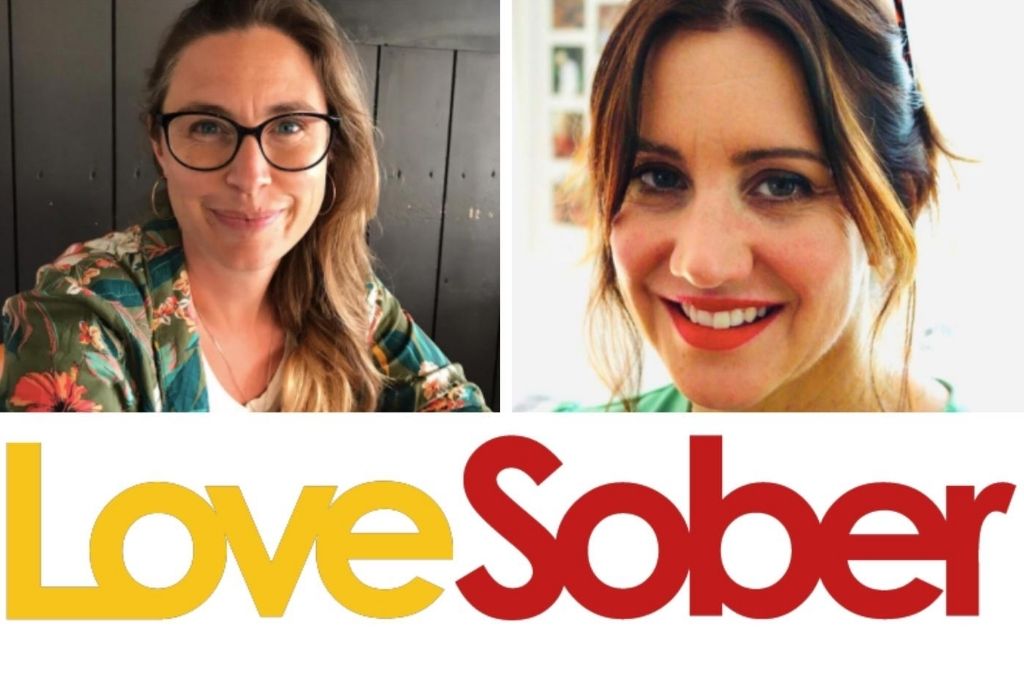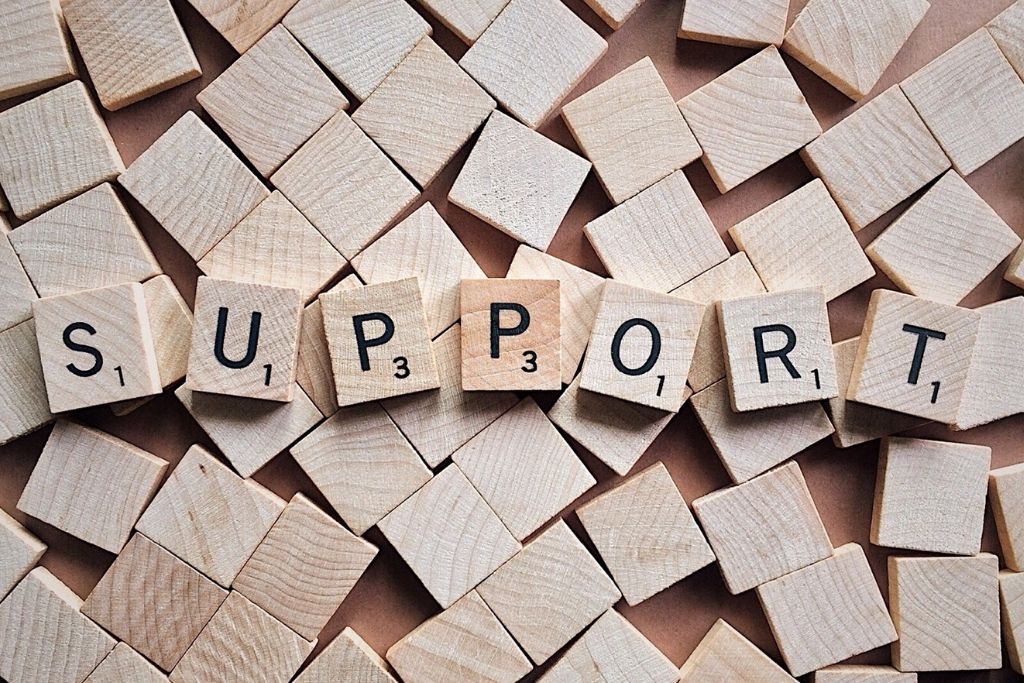Today’s expert is Aland, an Operations Team Leader working in Christchurch. In his last job he was employed as an alcohol and drug clinician/counsellor in Nelson and Motueka.
===========
Mrs D: How are you put in contact with people who have a problem with alcohol?
Aland: In my last role referrals came to me through either consumers walking off the street and requesting to be seen, or by referrals from GP’s, Nelson Hospital, Mental Health, the probation service as well as counsellors. I also had a long term group of consumers I worked with who had opiate dependency.
Mrs D: What sort of approach do you take with an individual when you first meet them?
Aland: On meeting an individual for the first time there are a number of different points which are important for me to clarify. This involves understanding why that person has presented to me, what they want to gain out of engaging in A&D counselling, if they have a picture which which is presenting as dependence, what supports they have, if they have been the process before. This all the for assessment and is a very useful starting point as a professional as to give you some guide on how to support the person in their recovery. Alongside this there is often a whole range of social problems, which the person needs support with. A really important point is that the person and their family know that they will receive support and that their issues are taken seriously and that they are listened to and not judged. In addition the person needs to have details about the service and their consumer rights.
Mrs D: One thing we notice at Living Sober is how unique every person’s drinking story is, and the unique form their recovery takes.. how do you work out what each individual needs?
Aland: I have sort of answered that above. This includes being objective and through this providing support and advice which aids recovery. This in part includes understanding the neural pathways of addiction as well as the social aspects of a person’s life. This is a very brief description of this and is often called the biopsychosocial model. The consumer will often in one way or another tell you how they can engage in recovery and as a clinician once the assessment is completed, you provide support, advice, education, referral to addiction specialist doctors, other community agencies to help the person in their recovery.
Mrs D: What sort of impact can heavy alcohol use have on a person’s emotional wellbeing?
Aland: Heavy alcohol use has a serious impact on a person’s health and wellbeing including their emotions and moods. Alcohol is categorised as a depressant, and this paints this picture of how alcohol can affect a person’s emotions. Alcohol affects different parts of the brain which are involved in such things as our ability to make decisions, memory and how are emotions are regulated. This becomes very complex but in simple terms a person’s ability to function in their normal way in all of these areas is reduced and in some instances significantly. In addition to this you also have the social problems caused by heavy alcohol use, and the way that this can impact on a person’s mood
Mrs D: What are the common physical impacts of prolonged alcohol misuse? What are our systems likely to be depleted of because of our drinking?
Aland: Prolonged alcohol use can affect different systems in the body which include the heart, blood vessels, the liver, brain, kidneys, muscles,reproduction, the pancreas. Alcohol is also linked with cancer.
Mrs D: What natural remedies or supplements do you recommend people focus on when they’re first getting sober? (things to help with sleep, mood regulation etc?).
Aland: Vitamins can help with recovery and the best known of these is Thiamine. In terms of ‘natural’ therapy, I am best acquainted with Homeopathy which my partner and I have practised for a long time. Homeopathy looks at illness from an individual perspective so it is usually best to get advice on this from a practising homeopath. However, in general terms, Homeopathic remedies which can be used are:
– Nux Vomica 30 (stimulates the liver)
– Carduus Marianuus 30 (Milk Thistle – for long term alcohol use and the effects on the liver)
– Avena Sativa 6X – this helps to settle the nerves during withdrawal
– Valeriana 6C to aid with sleep
There are lots of Homeopathic remedies but it is best to consult a practitioner. If the person is prescribed medication it is best to check with a pharmacist to ensure their is no problems taking a herbal remedy and medication. Any Homeopathic remedies over a 12C (i.e.30) cannot interact with medication.
Mrs D: What about diet? How important is good nutrition in early sobriety? What do you recommend people try to eat to best look after themselves after they stop drinking?
Aland: I don’t know much about diet and in my experience, in the early days of recovery I have found that people often don’t want to eat. Consumers usually progress on from this and regular eating is often a good indication of recovery and returning to normal functioning. I always recommend fresh fruit, veg and meat, just like a normal healthy diet.
Mrs D: How can you help someone gain the strength and determination needed to remove alcohol from their lives? How can they help themselves?
Aland: Provide support, advice, education, and help them with their motivation. It can be helpful to have short term goals to aim at achieving, to have a list of people who will support you or websites such as Living Sober! Don’t do it alone, we are not islands!! People want to help you recover. I almost always describe how everyone I have worked with who are in recovery, describes an increase in energy, wellbeing and their capacity to do things just goes up and up! It can be really helpful to have someone to talk to about what you are going through whether this is a friend, family, counsellor, or AA. I have often suggested that consumers accept who they are, as there can be internal battles (stigma) which provides a block to recovery.
Mrs D: Is there a ‘normal’ period of time that you would work with a person helping them recover from a substance abuse and other underlying problems?
Aland: No not really, I have always viewed this from what support the individual needs in their recovery. There is some evidence that brief intervention, i.e. a few sessions, can be effective in helping a person make a change, but in my experience consumers often need longer support from this.
Mrs D: What’s the best part of your job?
Aland: I just really enjoyed working with people in their recovery. It was always amazing to see such obvious positive changes taking place. Where consumers had experiences of trauma in their lives, it was really great to see changes taking place.








I’m trying go stop drinking. I’m taking disfulram. But somehow I battle through that.
I do okay for a while and get really proud of myself. But then I fuck up. And my husband doesn’t understand at all… he’s always hating me and disappointed in me when he hears I’ve had a drink. I have no support system in my life. Not psychical anyway…
I just don’t know how to go up from here